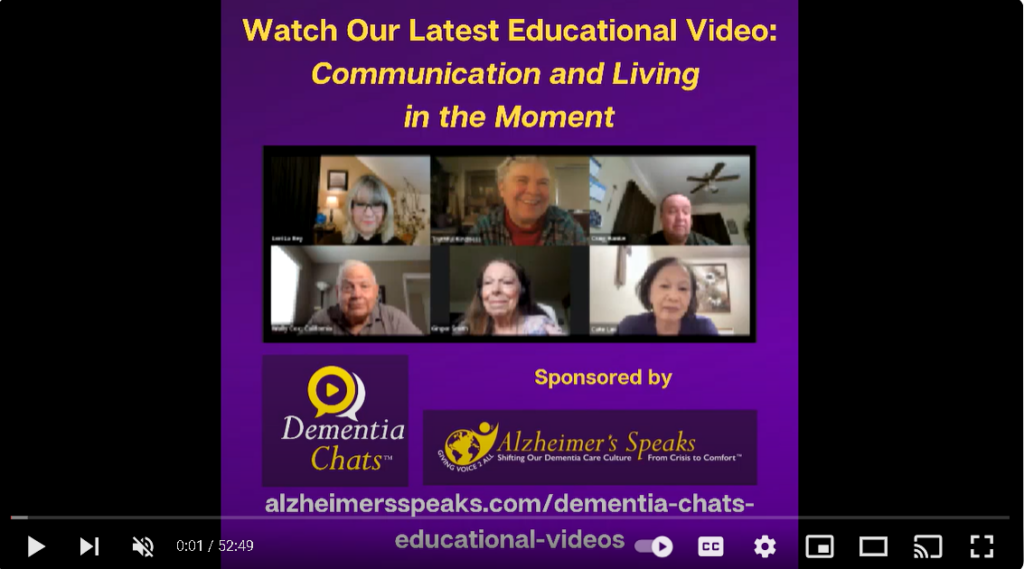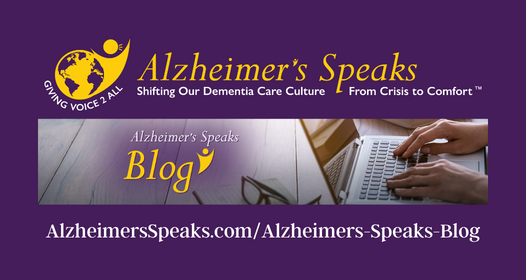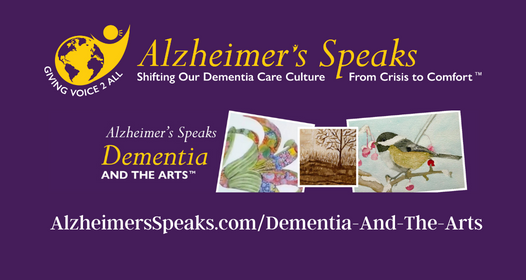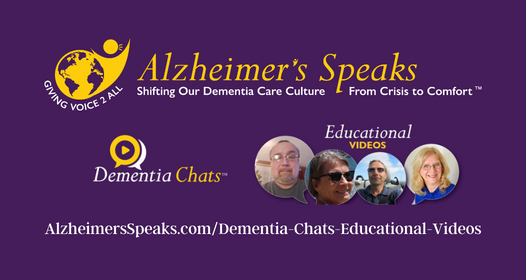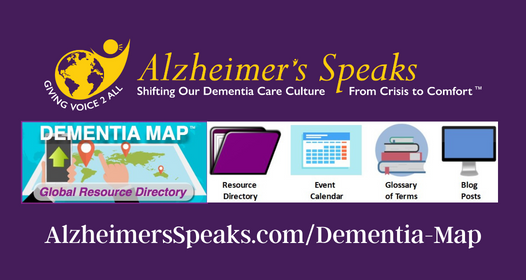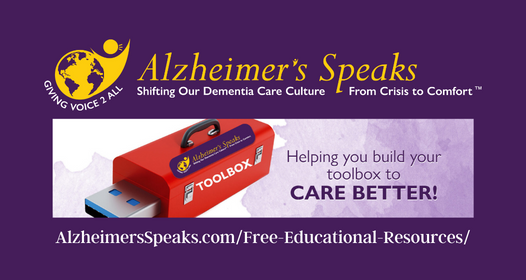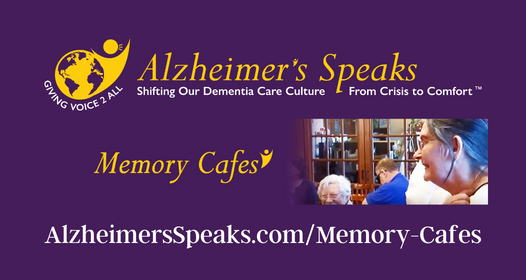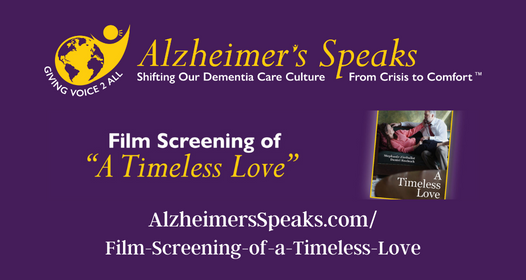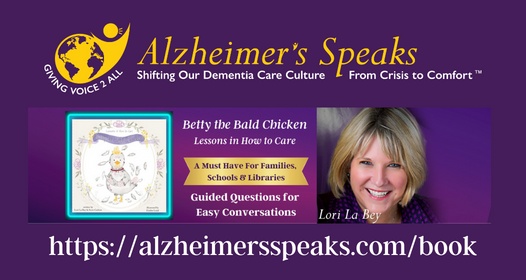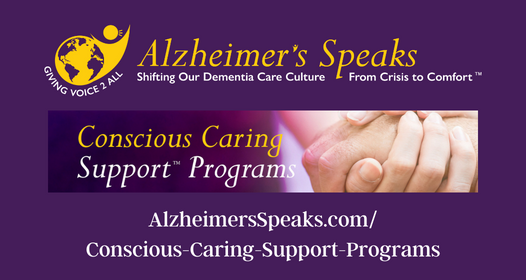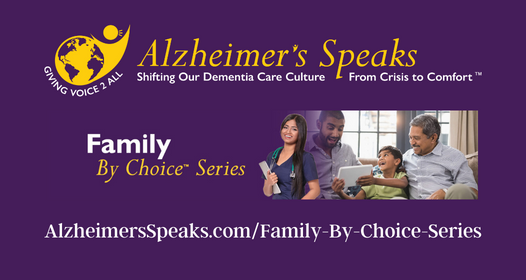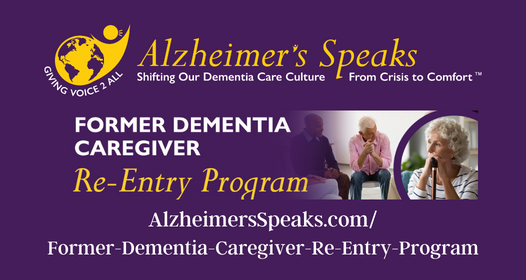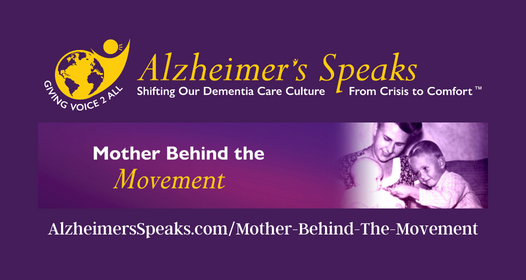Creating Meaningful Holiday Traditions When Your Loved One Has A Form Of Dementia
This Article Was Written By Beth Rush, Editor Of Body+Mind

The holidays are the busiest time of the year. Everyone is excited to decorate their tree, buy gifts for loved ones, and do the season’s customs. Families with loved ones living with Alzheimer’s disease or another type of dementia may have to skip some of the traditions. Here are some holiday tips for caregivers to celebrate special occasions in a meaningful way even without some of the rituals.
A Season of Love and Compassion
The holidays are a special time for everyone. For loved ones living with a form of dementia the occasions can spark happy memories of their younger years when they were more active and engaged with the holiday traditions. Such a fun trip down memory lane can spur and renew their enthusiasm for the upcoming Thanksgiving and Yule.

Family caregivers can make the festivities more unforgettable by incorporating the true meaning of the holidays into the traditions. This season is all about sharing love and compassion. Instead of material things, share affection to make your family get-togethers extraordinary. Make every minute of this special occasion merry by preparing for a successful holiday.
Tips for Planning a Meaningful Holiday Tradition
Here are holiday tips for caregivers to plan for a joyful family event.
1. Acknowledge the Challenge
You can’t celebrate the holidays the same way before, especially if your tradition involves crowds, loud music, and colorful decorations. While it might be OK for people with minor cognitive decline, those with moderate or severe dementia may find such things overwhelming. They may react differently when they meet faces they no longer remember or get overstimulated by bright lights. Recognize and identify what has changed in their behaviors to better plan for the party.
You can check online caregiving resources for tips from experts. They might have a hack or two about how to prepare for the perfect get-together for a loved one with dementia or what to do if they become emotional or behave differently during a social gathering.
2. Adjust Your Traditions
Modify your celebrations based on your loved one’s health situation. If your loved one’s symptoms are mild, you may only need to make minor changes to your plans. However, if the disease has progressed to the severe stage, you’ll have to adjust your gatherings to make them dementia-friendly.
For instance, keep your party short and intimate. Use this opportunity to commemorate the past year together with the important people in your life. It helps strengthen your family bonds.
For someone with dementia, celebrating Thanksgiving with immediate family members provides a sense of belonging and minimizes their stress. If the event will last long, let your loved one participate only in the most meaningful part. You may also need to tone down decorations to avoid visual distractions. Hold the party in familiar environments to reduce confusion.
3. Involve Your Loved One in Planning
Consider what your loved one likes and dislikes or how they want to celebrate. Do they want to travel to a place they haven’t been before? Or do they want to stay home and have everyone come over for a simple dinner?

List down what they want and do as many of these activities as possible. Treat every minute you spend with them as precious, making every moment count. Letting them experience the tradition helps make the holiday a joyful memory in their heart.
Food is another critical part of holiday planning, and you can involve your loved one in this process as well. People with dementia need a well-balanced diet of fruits, vegetables, lean protein and whole grains. It’s also important to limit foods with high cholesterol and saturated fat. Keep this in mind when curating the menu, and allow your loved one to provide input for snacks and meals so that they feel involved in the planning.
4. Allow Them to Help With Preparations
In addition to planning, allow them to participate in decorating the venue or setting up the tree. Doing DIY decorations together can increase their connection with you. Many people with dementia use art like painting or coloring to express their emotions, which is sometimes hindered by memory loss and decline due to dementia.
Art can cheer them up and make them feel happy. Allowing them to engage in creative things, like arranging flowers and making a bouquet, can activate their sensory abilities and put a smile on their face. Make creativity a central part of your holiday theme this season.
5. Encourage Exchanging of Useful Gifts
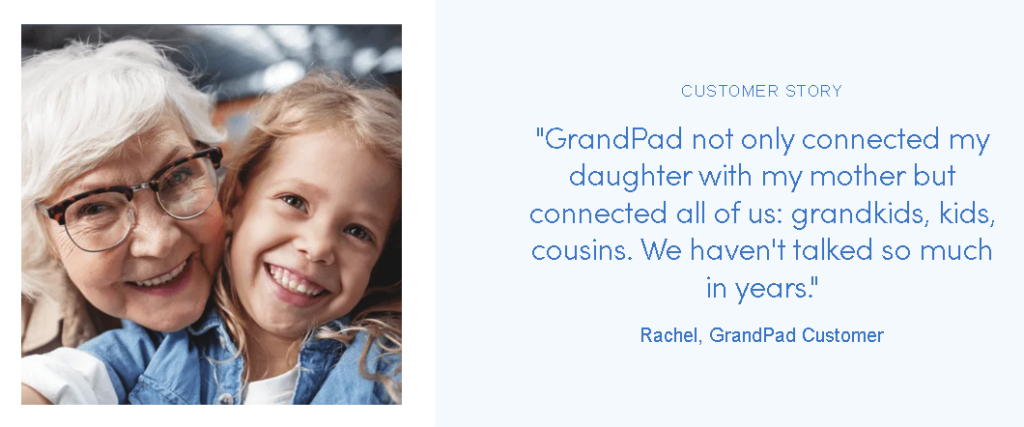
Gift-giving is one of the highlights of family holiday customs. Instead of the usual presents, make your Secret Santa tradition more meaningful by exchanging gifts your loved one can use in their daily life. Grandpad
A wearable device that alerts others if they slip or fall in the bathroom is a great example. Older people are prone to home accidents — one in four seniors fall each year. Such incidents sometimes go unnoticed, especially for those living by themselves. If they have this tool, you can get safety alerts and respond to emergencies on time. Other options to consider are clothes that can be worn easily, robot pets and adult coloring books.

There are a lot of books specific to dementia and caregiving available to support family members during the holidays. Check out Lori La Bey and Scott Carlson’s book Betty the Bald Chicken – Lessons In How To Care
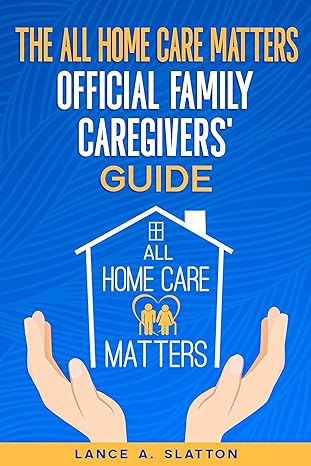
Check out Lance A. Slatton’s book for family caregivers.
Tracy Cram Perkins has written an amazing book to help families set up their homes to be dementia friendly and avoid common accidents and more.

Here are some additional ideas






6. Be Flexible With Your Timing
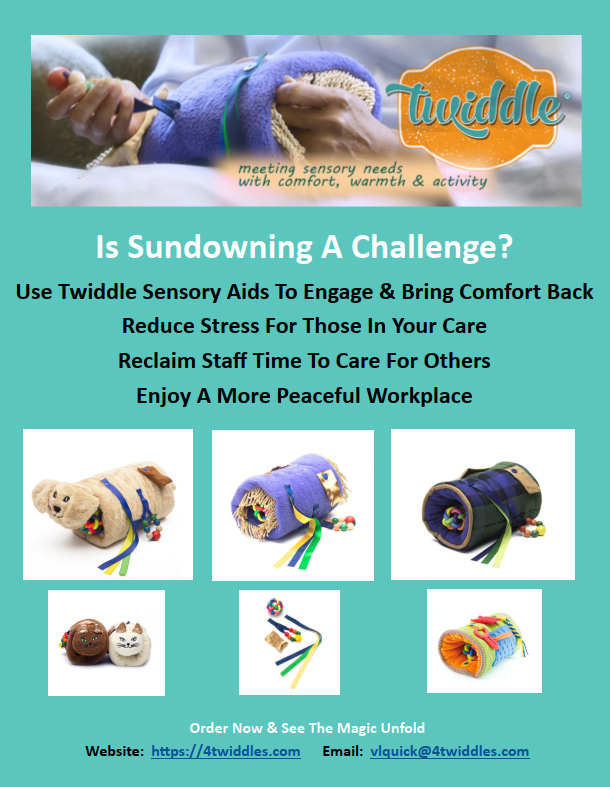
Based on a study, older people have better cognition in the hours after the sun rises. The accumulated fatigue during the day can lead to mood changes in the evening. Additionally, many experience cognitive sundowning — a state of confusion that starts in the late afternoon and lasts until the evening.
Sensory stimulation products like Twiddle can help reduce or remove anxiety during this time.
Therefore, it’s best to celebrate Christmas or New Year’s in the morning and let them settle in their room at night. Consider a brunch or lunch get-together for the family. You can organize a separate dinner party in the evening if you want to keep the tradition. However, this time, let your loved one decide if they want to join or take a rest instead.
Follow These Holiday Tips for Caregivers

Plan the best family celebrations to put a smile on your loved one’s face. Although you may not be able to keep all the traditions, the important thing is that you express your affection to the people who mean the most to you. After all, love is the essence of the holidays.
Beth Rush Wrote This Article
Beth Rush is the mindfulness editor at Body+Mind. She writes about caring for loved ones with Alzheimer’s disease. She also shares tips for coping with c-PTSD, PCOS, and climate anxiety. Her goal is to encourage readers to live their best lives. Subscribe to the Body+Mind Newsletter for more posts by Beth.

Alzheimer’s Speaks – Shifting dementia care from crisis to comfort around the world one episode at a time by raising all voices and delivering sound news, not just sound bites since 2011.
Contact Lori La Bey or set up a time to chat with her. Get your questions answered or discuss your branding needs.
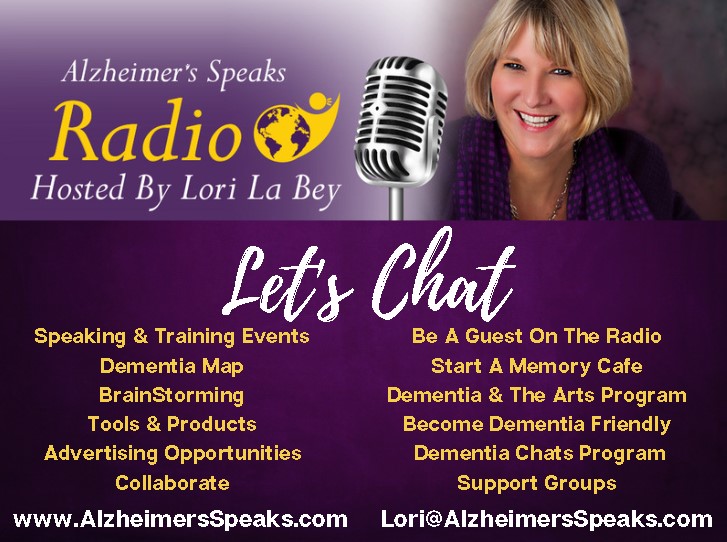
Listen & Subscribe to Alzheimer’s Speaks on Your Favorite Podcast

Learn About The Programs Alzheimer’s Speaks Offers
Conscious Caregiving with L & L is a monthly program that covers tough conversations to raise awareness, give tips, and resources.. Watch the video interview.
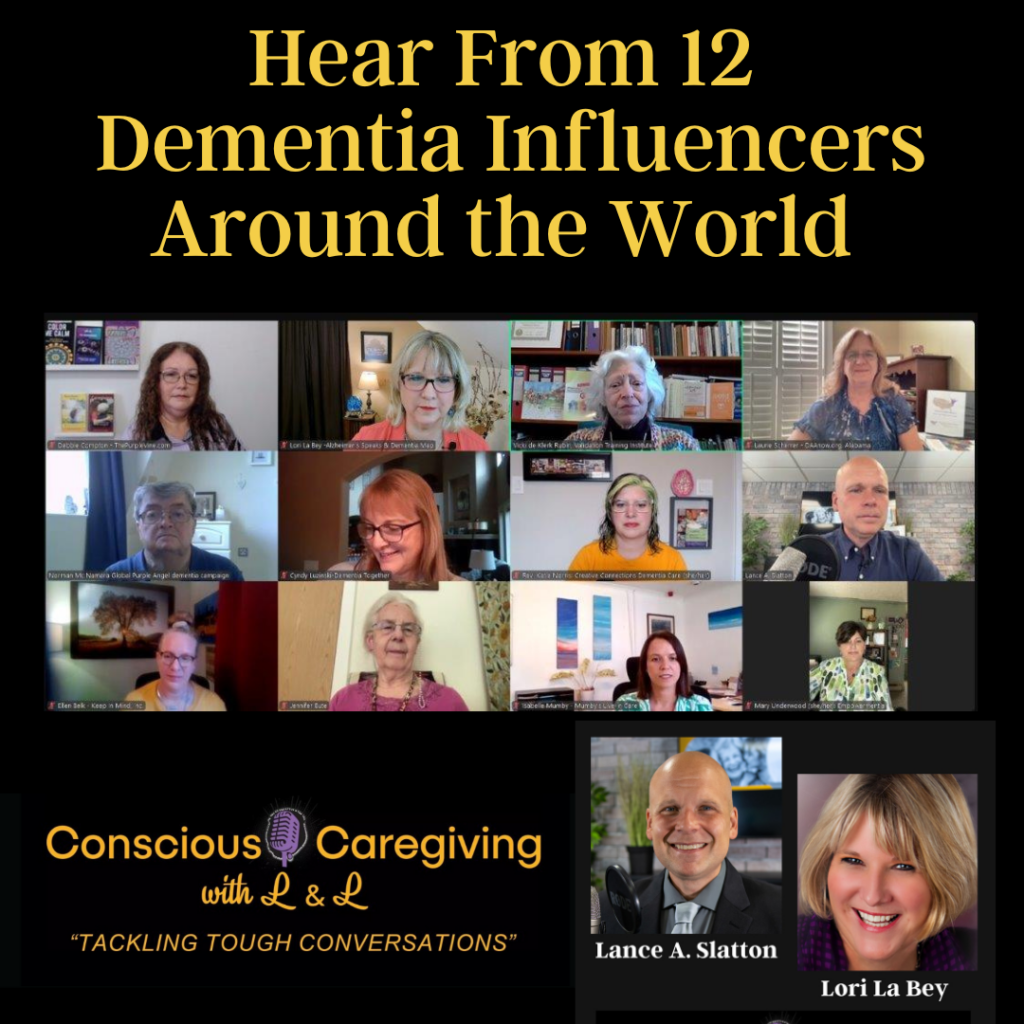
Dementia Map Global Resource Directory https://www.dementiamap.com
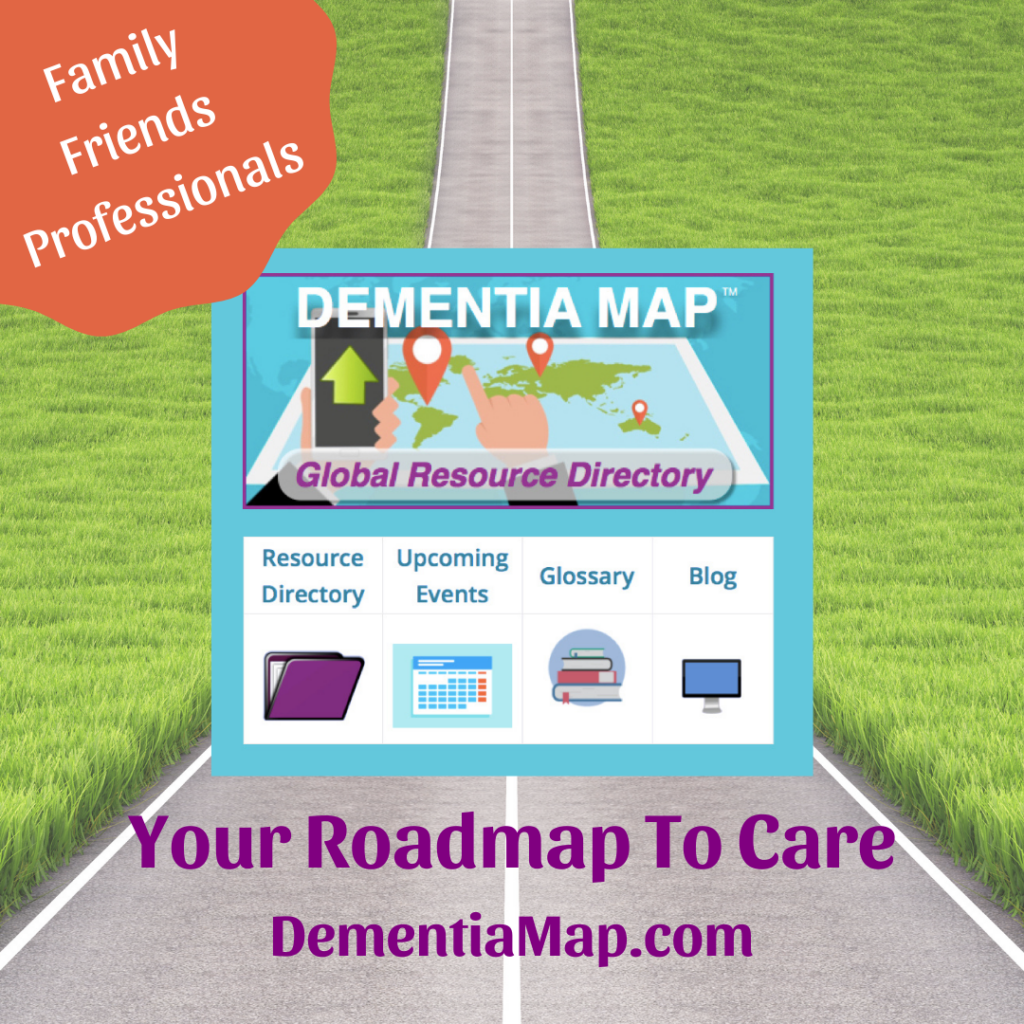
Busting Stigmas By Highlighting Possibilities
Check Out Alzheimer’s Speaks FREE Educational Resources
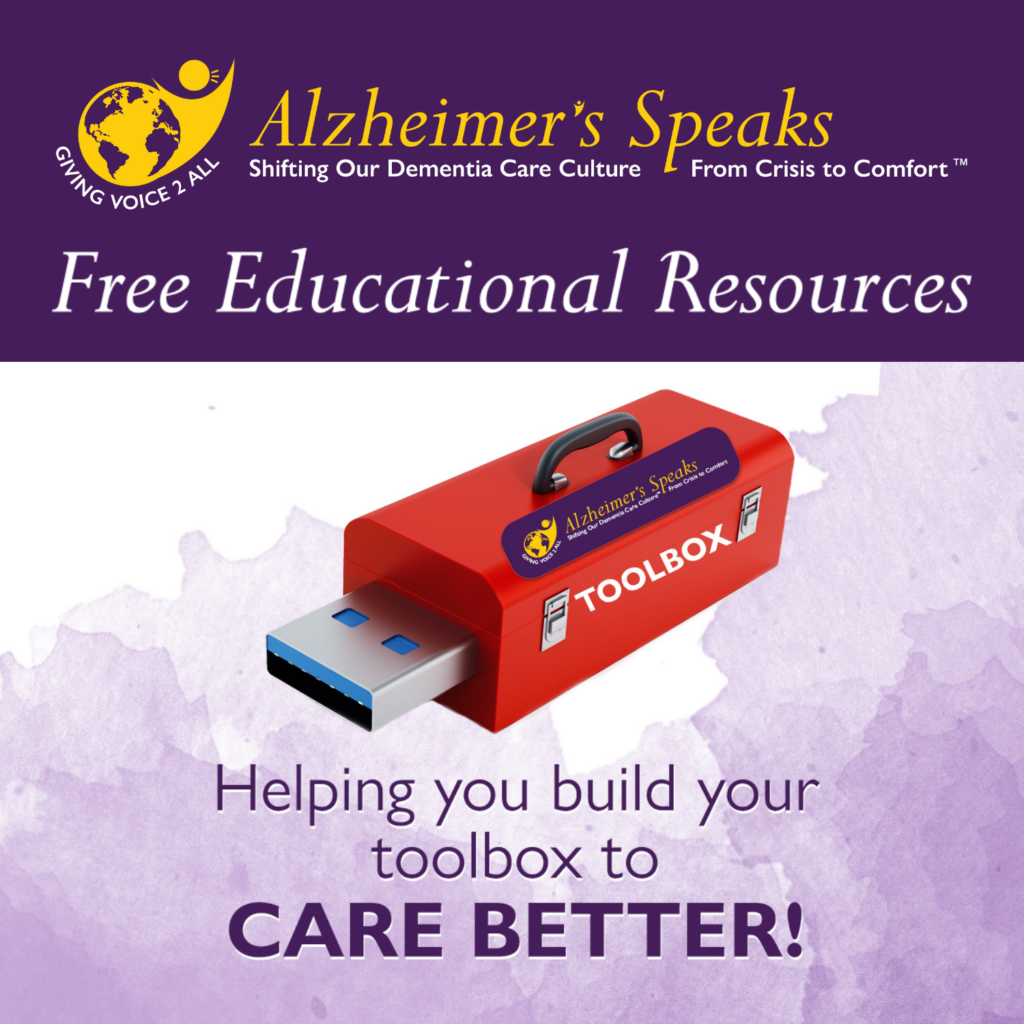
Are You Dealing With Sundowning? Check Out Twiddle. They design products that can prevent and reduce anxiety to help restore situations to a peaceful state.

Learn More About Dementia Chats

Maude’s Awards gives three annual $25,000 awards to organizations and up to five $5,000 awards to individuals. Applications have closed for 2024, but we will let you know when the winners are announced.



